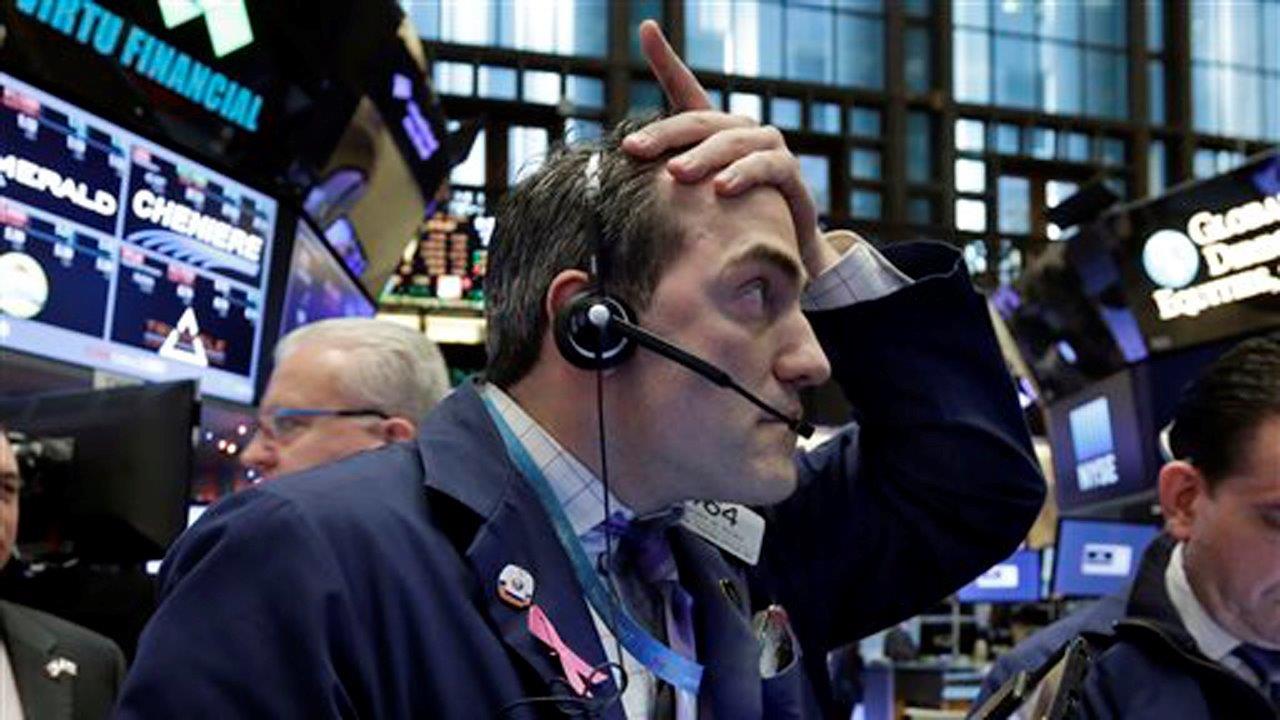Amid nuclear standoff, frozen North Korea debt untradeable due to sanctions
Once seen as an opportunity for investors to position themselves for a future North Korean turnaround, the country's rarely traded defaulted debt may move further into the twilight zone after new sanctions were imposed this week on Pyongyang.
Debt from North Korea - probably the most isolated of the frontier markets - has already been frozen for years as the secretive nation faces the most stringent sanctions regime in the world.
It is part of a highly opaque market in the legacy debts of countries isolated from the rest of the international community, such as pre-Castro Cuban debt.
North Korea has syndicated loans with a face value of around $1 billion, tied to loans in default since the 1980s. It has not undertaken any restructuring with its creditors.
The debt was repackaged in 1997 into a special vehicle called NK Debt Corporation by French bank BNP, making it into transferable securities.
Total debt accumulated by borrowing heavily from Western banks back in the 1970s - including principal and accumulated interest - amounted to about $3 billion, Washington DC-based think-tank Peterson Institute for International Economics estimated in 2013.
The securities had been regularly traded since around 2000, according to Stuart Culverhouse, head of research at Exotix Capital.
Prices spurted higher after the death of President Kim Jong-il in 2011 on hopes that his son Kim Jong-un, North Korea's new Swiss-educated leader, would make progress with the international community and open up the economy.
That pushed prices to 14-18 cents on the dollar, up from 13-15 but investors' hopes were soon dashed. Culverhouse was unable to say what price the securities could now trade at.
"There was a market, but it essentially got frozen at the beginning of 2013 after the United Nations and other sanctions were imposed, which people felt restricted trading in the notes," he said.
Exotix, a specialist in emerging and frontier debt, has not seen the loans trade in the past three to four years, Culverhouse said.
This week's developments will further dishearten holders of the debt. A war of words between U.S. President Donald Trump and North Korea's Kim has raised fears of a nuclear standoff, while the U.N. Security Council imposed fresh sanctions on Saturday after Pyongyang's intercontinental ballistic missile tests.
These curbs ban North Korean exports of coal, iron, iron ore, lead, and seafood, and could slash the Asian state's $3 billion annual export revenue by a third.
"A lot of people have taken a view that it is just not worth it, they won't trade," Culverhouse said.
It is not just the more specialized distressed debt traders who once took a shine to North Korean debt: One of the holders of NK Debt Corporation's notes is the Franklin Emerging Markets Debt Opportunities Fund.
According to the fund's annual report in July 2016, it held NK Debt Corporation's zero-coupon bonds with a principal amount of $15.5 million and maturing in March 2020. It did not ascribe a value to the position.
But in its July 2013 annual report, the fund had valued the debt, which was denominated in German marks and Swiss francs, at $830,000. It said it had acquired the securities between 2007 and 2011 for more than $3.1 million.
The asset manager declined to comment.
CUBA IN SPADES
North Korea is only the latest frontier market to be moving further out of reach of investors desperate to expand into new high-return markets.
Excitement over investment in Cuba for instance has gone tepid after Trump ordered a clampdown on U.S. business dealings with the Caribbean island's military, saying he was canceling his predecessor Barack Obama's "terrible and misguided deal" with Havana.
Investing in Iran too has proven a long slog, despite optimism after Tehran's 2015 deal with six major powers to curb its nuclear program in exchange for the lifting of oil bans and most financial sanctions.
"Nothing is going to happen with these (North Korean) issues for a long, long time," said Charles Blitzer, a debt restructuring expert and former IMF staffer.
Blitzer estimates that interest arrears on North Korean debt amount to around 4-5 times the outstanding $1 billion principal.
"North Korea is like Cuba in spades - they have similar ratios of principal to arrears and have not yet indicated much interest in dealing with the London Club," said Blitzer, referring to debt owed to the private sector.
(Reporting by Karin Strohecker)




















